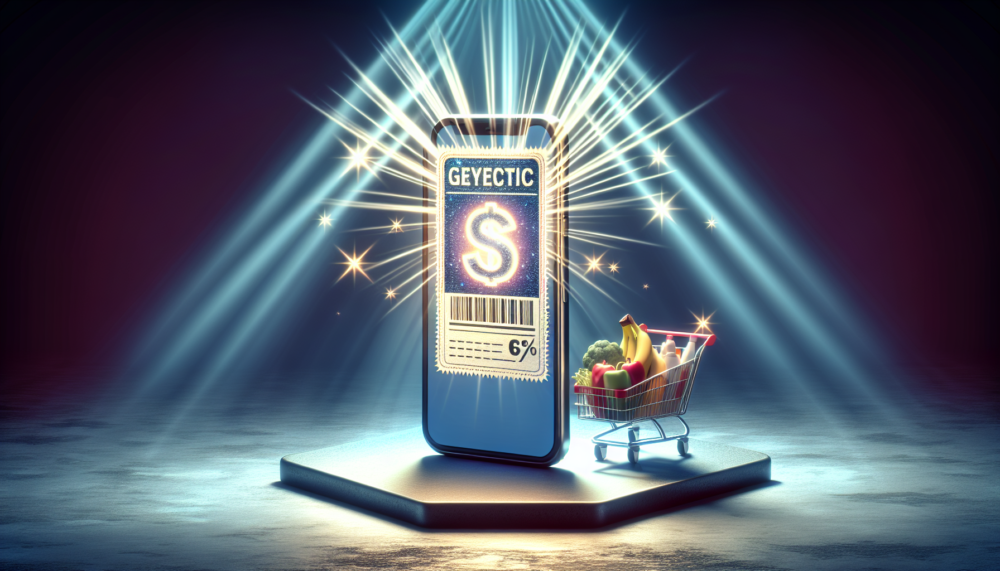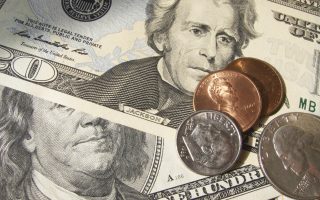
There’s something undeniably exciting about snagging a good deal or finding ways to cut costs on our purchases. In the realms of personal finance and frugal living, coupons and aggregate sites like Coupons.com often emerge as a hero in the quest to save money. But beyond the surface, the lure of coupons taps into complex psychological principles that shape our spending habits in ways we might not fully understand.
Introductory Thoughts on the Allure of Coupons
Once confined to newspaper clippings and magazine inserts, coupons have evolved into a digital powerhouse, offering savings with just a click or tap. This transition has intensified our attraction toward coupons. The allure of saving money, combined with the ease of access to deals, has made coupon usage a staple in the savvy shopper’s arsenal. However, the initial attraction is just the tip of the iceberg.
Coupons offer a monetary benefit and a psychological thrill—the satisfaction of outsmarting the retail system. For many, the pursuit of the best discounts is like engaging in a modern-day treasure hunt, elevating the shopping experience from routine to exciting. The psychological satisfaction derived from ‘scoring a deal’ often underpins consumer loyalty to brands that offer consistent coupon deals. This clever marketing tactic helps companies retain customers while simultaneously giving the shopper a sense of victory against rising retail prices.
Understanding the Dopamine Rush
Saving money through coupons does more than pad our wallets; it triggers a chemical reaction that releases a cascade of dopamine in our brains. Dopamine is a neurotransmitter that gives us feelings of pleasure after we do certain actions. This reward system activation is akin to the feeling we get from other pleasurable activities.
The anticipation of using a coupon and the subsequent sense of achievement from saving money can become addictive. It’s this psychological response that often keeps us coming back for more, constantly on the hunt for the next big save.
The Strategy Behind Coupon Use
Using a coupon can be both a calculated strategy and a spur-of-the-moment decision. While some shoppers meticulously plan their purchases around coupon availability and expiration dates, others succumb to impulsive buys simply because a coupon makes the deal too good to pass up. This duality showcases the complex influence coupons have on our shopping behavior, blurring the lines between saving and spending.
How Coupons Impact Spending Habits
At first glance, coupons seem like a straightforward path to savings. But do they genuinely help us spend less, or could they entice us to spend more? Research suggests it can be both. Coupons can lead to significant savings when used wisely. However, they can also encourage the purchase of items not initially on our radar, simply justified by the allure of a deal. This phenomenon points to the intricate dance between saving and spending that coupons orchestrate.
The Emotional Rollercoaster of Couponing
Navigating the world of coupons can be an emotional rollercoaster. The euphoria of catching a discount on something needed contrasts sharply with the frustration of an expired or irrelevant coupon. Furthermore, the fear of missing out on a great deal can drive us to make unnecessary purchases, showcasing how our emotions, fueled by coupons, can significantly impact our spending habits.
Creating a Smart Coupon Strategy
To truly maximize coupon benefits, developing a strategy is essential. Start by aligning coupon usage with your budget and shopping list to avoid the trap of buying items just because they’re on sale. Prioritizing needs over wants and being mindful of the psychological tricks at play can transform couponing from a potential pitfall into a powerful tool in your financial toolkit.
In conclusion, while coupons offer undeniable benefits in saving money, they also invite a deeper exploration of our spending habits and psychological responses. Our ability to understand and strategically navigate the complex influences of coupons can help us make wise choices that benefit our wallets and our minds.






Comments